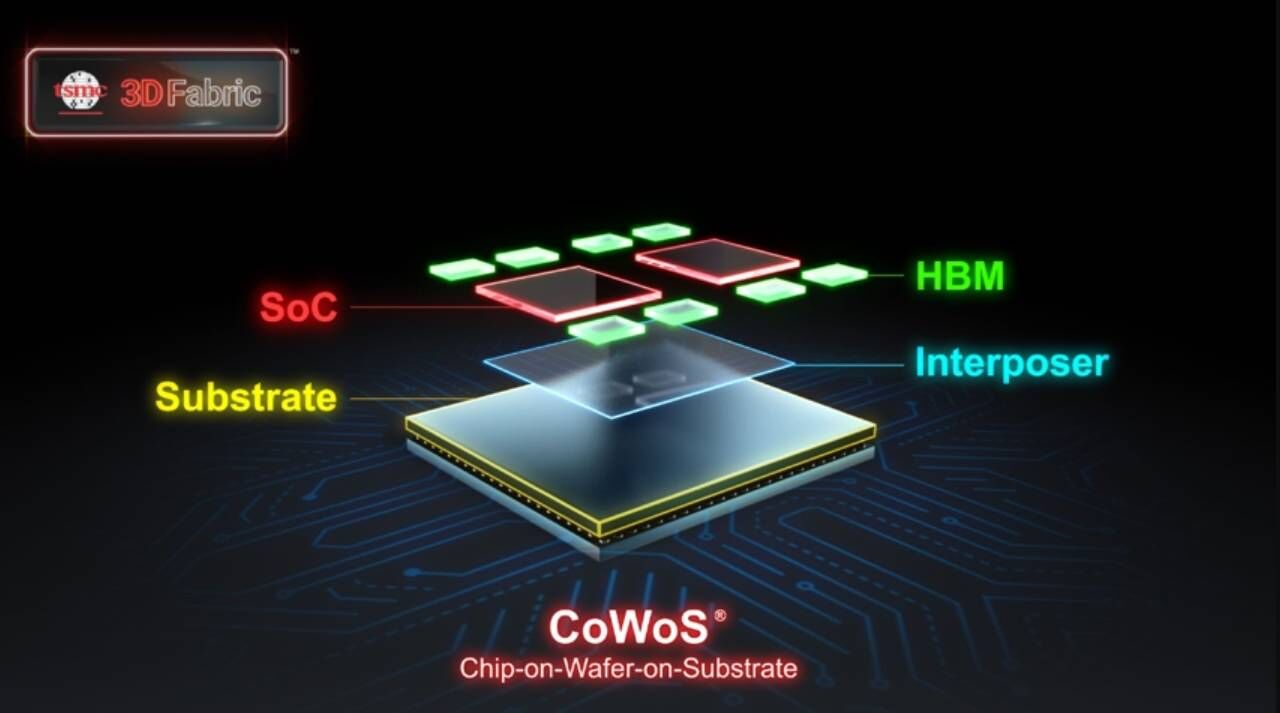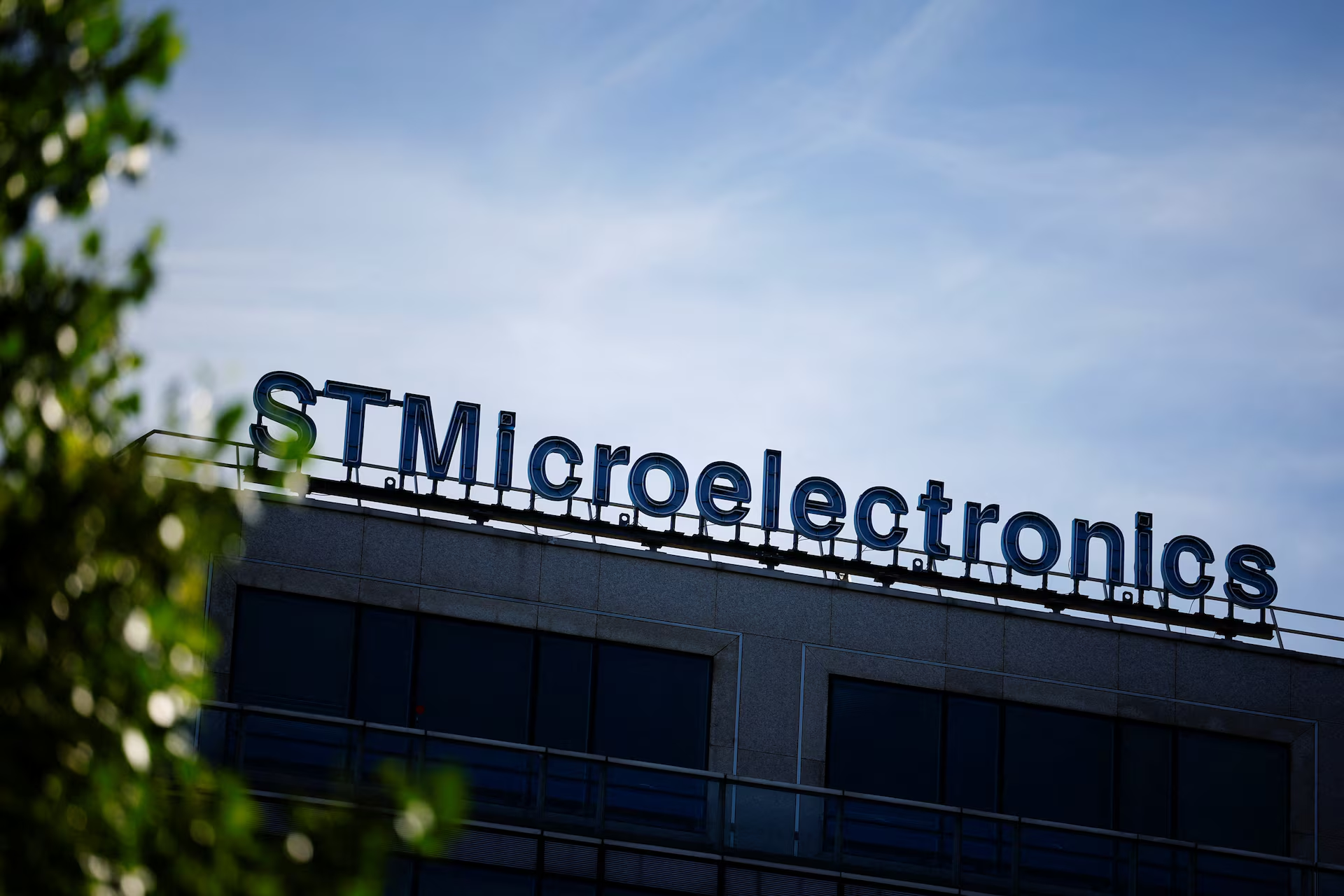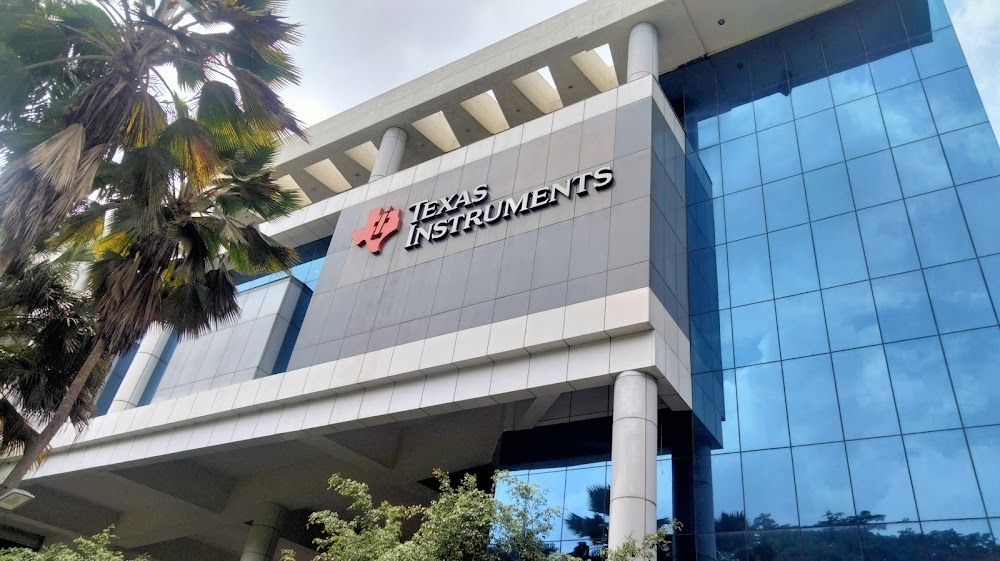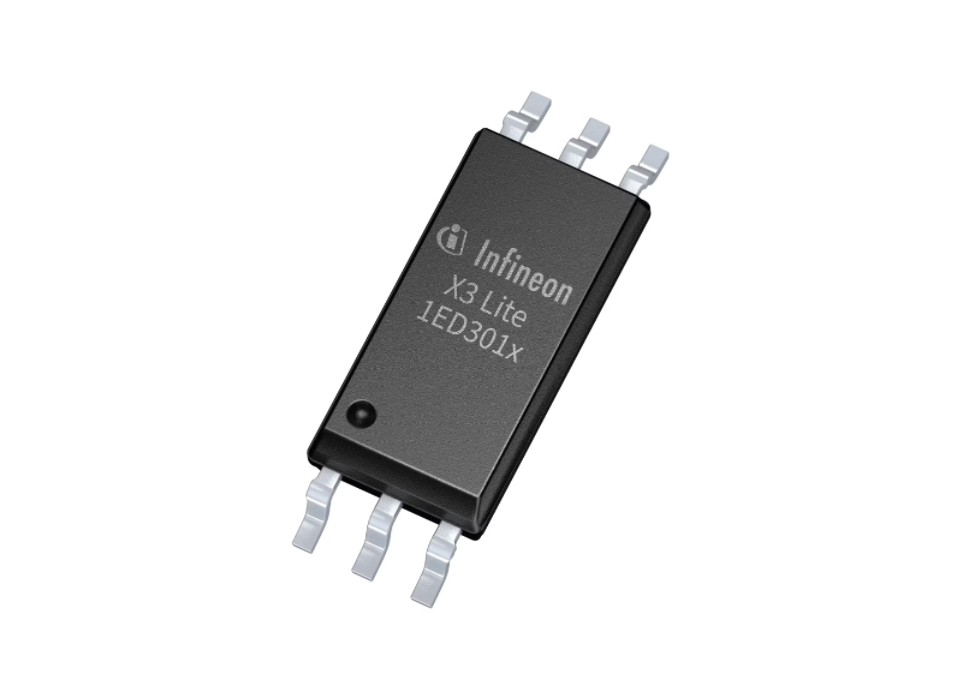August 12, 2025 /SemiMedia/ — Japan’s Rapidus Corp has achieved a milestone by fabricating 2-nanometer transistors at its Chitose plant in Hokkaido, marking the country’s first domestic production of cutting-edge semiconductors since 2010. CEO Atsuyoshi Koike hailed the achievement but warned that the path to mass production remains steep.
Globally, only TSMC, Samsung Electronics and Intel have produced 2nm prototypes, with TSMC reporting yields above 90% and aiming for commercial production this autumn. Rapidus, however, faces the additional challenge of securing enough customers to keep its production lines fully utilized. Japan’s decline in advanced chip manufacturing has been driven less by the loss of fabs and more by the absence of domestic firms capable of designing chips to match leading-edge processes.
Backed primarily by government funding and equipment, Rapidus plans to start volume production in 2027, with continued state support until operations stabilize. Senior METI official Kazumi Nishikawa said that without domestic demand, building such a plant would have little value. Some investment bankers caution that state ownership could lead to political priorities outweighing commercial logic, raising concerns over capital discipline.
Rapidus’s 2nm program, announced in January 2023, carries an estimated cost of 5 trillion yen ($34 billion), financed by government aid, prospective customer investment and bank loans. Yet the global semiconductor industry has since shifted focus toward boosting performance through 3D stacking rather than extreme miniaturization. Despite this, Rapidus has stuck to its original roadmap without a “Plan B.” Analysts say greater strategic flexibility will be crucial if the company wants to achieve faster market privatization and avoid the pitfalls of pushing ahead regardless of market conditions.












All Comments (0)